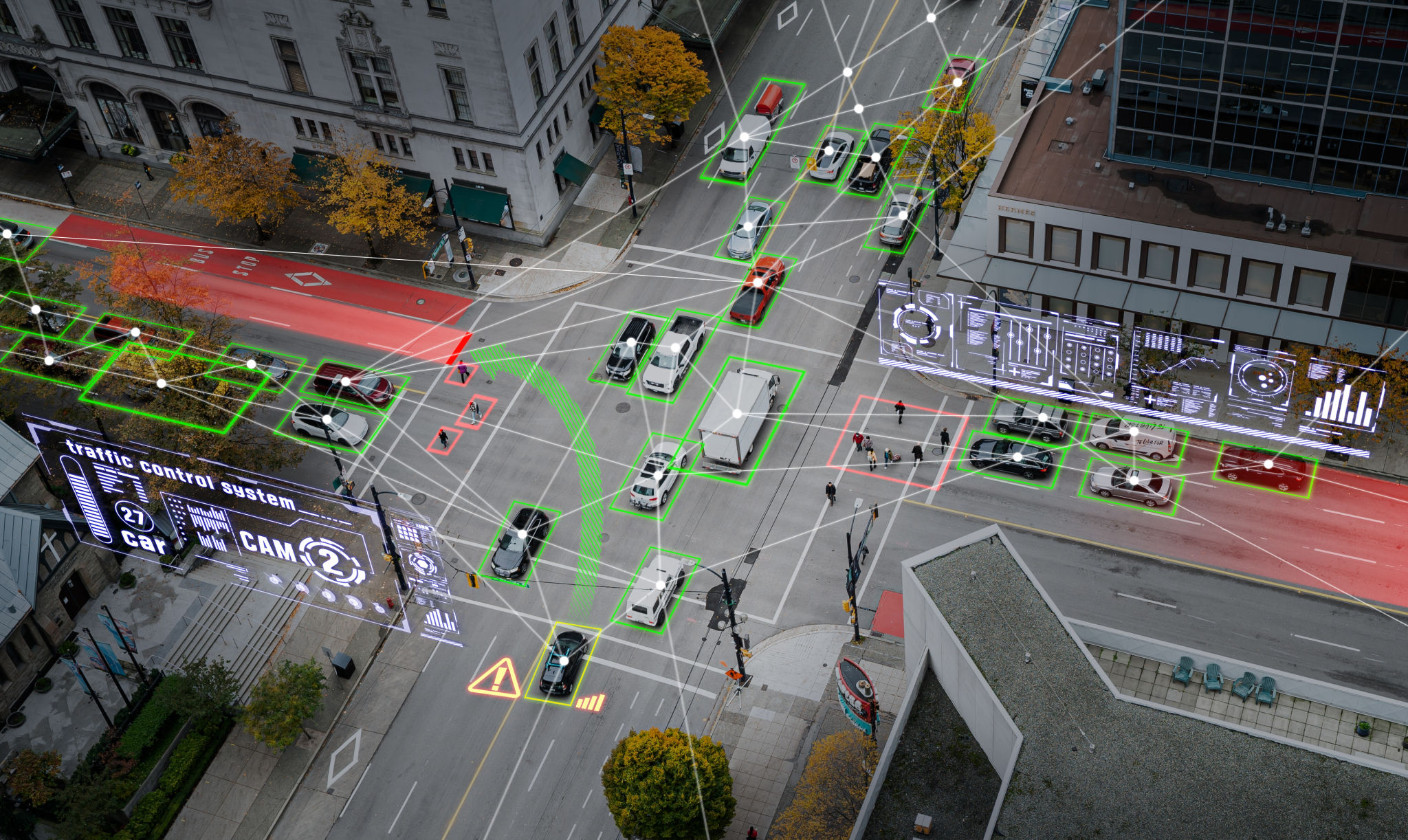The Future of Emerging Artificial Intelligence Technologies: What to Expect
Understanding the Role of Artificial Intelligence Today
Artificial Intelligence (AI) is no longer just a concept from science fiction; it has become an integral part of our daily lives. From smart assistants like Siri and Alexa to advanced algorithms driving personalized recommendations on streaming platforms, AI is everywhere. However, the true potential of AI is just beginning to unfold.

Advancements in Machine Learning and Deep Learning
Machine learning and deep learning are two subsets of AI that have seen tremendous growth. These technologies allow computers to learn from data and improve their performance over time. The future promises even more sophisticated algorithms capable of understanding complex patterns and making predictions with unprecedented accuracy.
Improved Natural Language Processing
One area where AI is making significant strides is in natural language processing (NLP). This technology enables machines to understand and respond to human language, leading to more intuitive interactions with technology. With advancements in NLP, we can expect AI to provide more seamless communication experiences.

The Impact of AI on Various Industries
AI is set to revolutionize various industries, including healthcare, finance, and transportation. In healthcare, AI-driven diagnostic tools can analyze medical images and data to aid in early detection and treatment of diseases. The financial sector is already seeing AI applications in fraud detection and algorithmic trading.
AI in Transportation
The transportation industry is on the brink of a transformation with the advent of autonomous vehicles. AI technologies are enabling self-driving cars to navigate roads safely, promising a future with reduced traffic accidents and increased mobility for all.

Ethical Considerations and Challenges
As AI technologies continue to evolve, ethical considerations become increasingly important. Issues such as data privacy, bias in algorithms, and job displacement need to be addressed. Responsible AI development ensures that these technologies benefit society as a whole without compromising ethical standards.
Addressing Bias in AI
Bias in AI can lead to unfair treatment and discrimination. It's crucial for developers to ensure diverse data sets and transparent algorithms to mitigate these risks. By addressing bias, we can create more equitable AI systems that serve everyone fairly.
The Future: What Lies Ahead?
The future of AI holds exciting possibilities. As AI technologies become more advanced, they will continue to enhance our capabilities and improve efficiency across various domains. From smart cities with optimized resource management to personalized education systems, AI will play a pivotal role in shaping the future.

In conclusion, while the path forward for AI is filled with challenges, the potential benefits are immense. By embracing these technologies responsibly and ethically, we can harness their power to create a better tomorrow for all.
